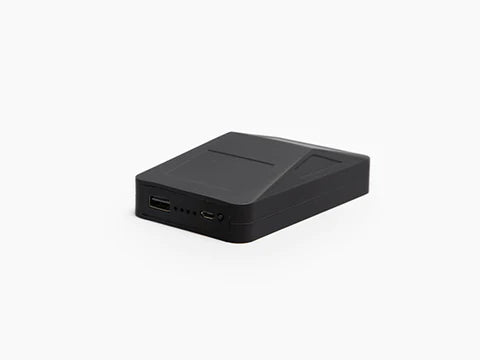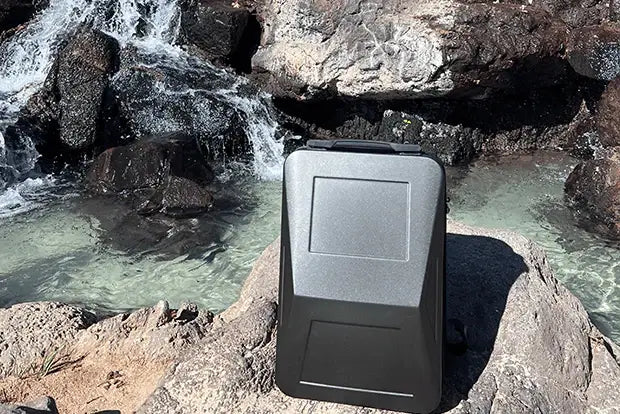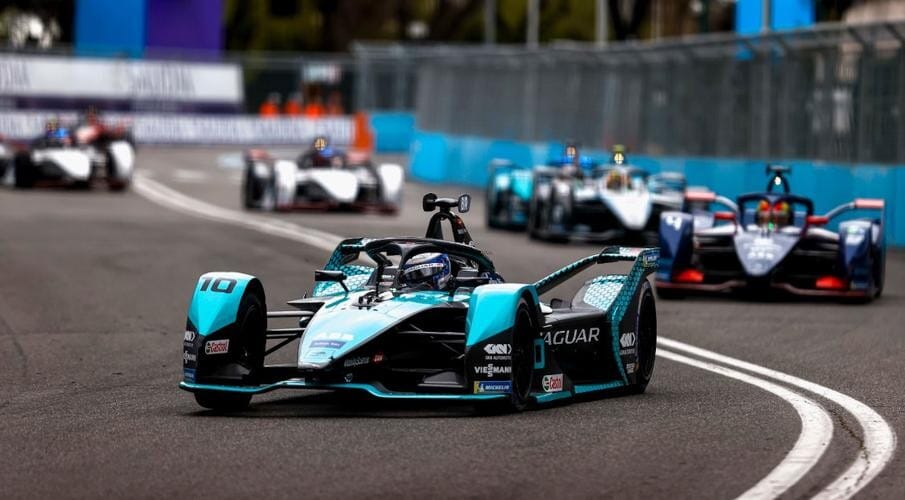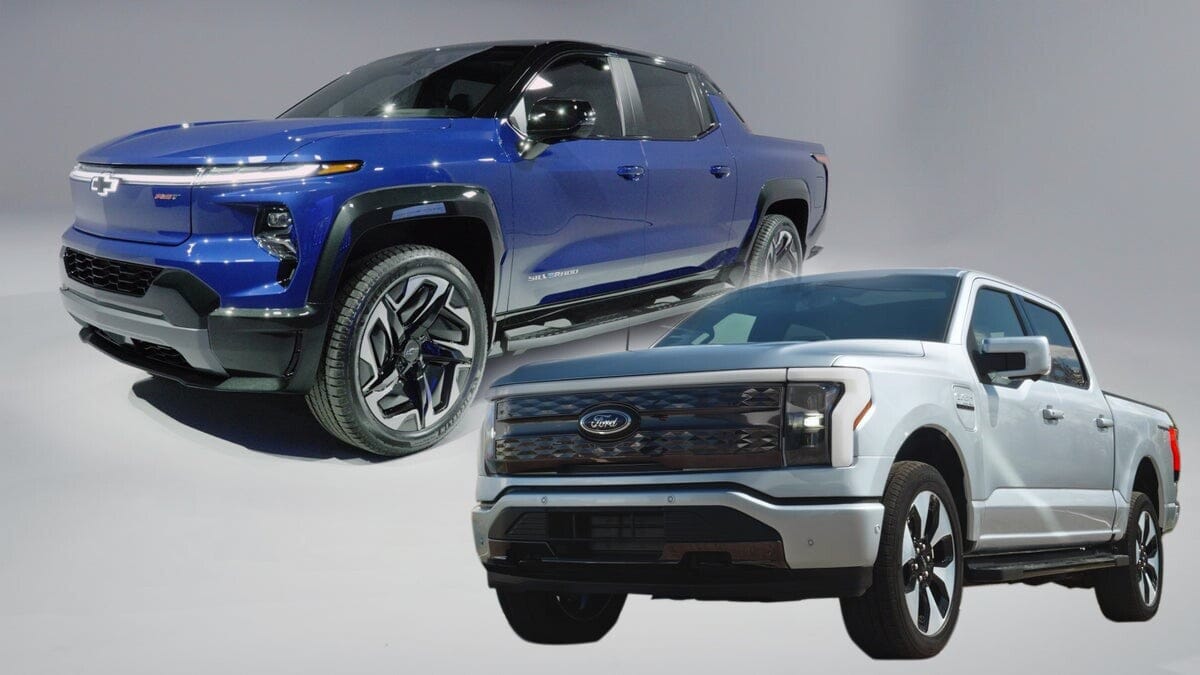Many people contemplating buying electric cars wonder if they depreciate faster or at the same rate as ICE vehicles. This question is vital because any vehicle although deprecating is an asset. Since you might plan to sell off your EV to purchase another one, it is good to know how EVs hold their value over time. Keep reading to find out the truth about EV depreciation.
Do electric vehicles depreciate?
The answer is yes; electric vehicles do depreciate. This is because they are cars, at the end of the day and the moment you drive it off the lot, it loses some portion of its value. However, EVs have an interesting history when it comes to depreciation.
When electric cars were newly introduced, they depreciated quickly for several reasons. First, there wasn’t much demand for them, meaning people were not rushing to buy them. This affected the prices offered for used electric cars, and they didn’t cost much.
Another factor that affected the depreciation back then was the quality of the cars. Electric vehicles of yore were far from premium, especially the batteries - think GM's EV1. So over time, the cars did not age well, and buyers were unwilling to spend so much on them.
However, the story is different now. Brands like Tesla, Rivan and Lucid have raised the profile of electric vehicles by releasing high-quality models with batteries that last for many years. Some of the earlier Teslas are still on the road today. EVs have finally come of age and can now hold their own (and in some cases exceed) against their ICE counterpart.
Do EVs depreciate faster than ICEs?
According to data provided by CarWow, EVs retain about 48% of their value after three years or 36,000 miles. However, ICE vehicles are only worth just under 40 percent of their initial value after the same period. This shows that EVs retain their values better.
However, it should be noted that the values mentioned above are averages, and your mileage may vary based on your driving habits and how well you care for your EV. Simply put, the value placed on your own EV could be higher or lower, mainly depending on how well you have maintained it.
For example, suppose your battery has suffered significant degradation due to the constant use of DC chargers or repeated charging cycles from 0% to 100%. In that case, the car won’t command the same value as your colleague that has relied on home charging.
Also, premium EVs hold their values better than budget or cheaper EVs, just like it is the same for ICE cars. If you are concerned about the value of your EV after years of use, you are better off purchasing from brands that have a track record of manufacturing high-quality EV, brands such as Tesla.












